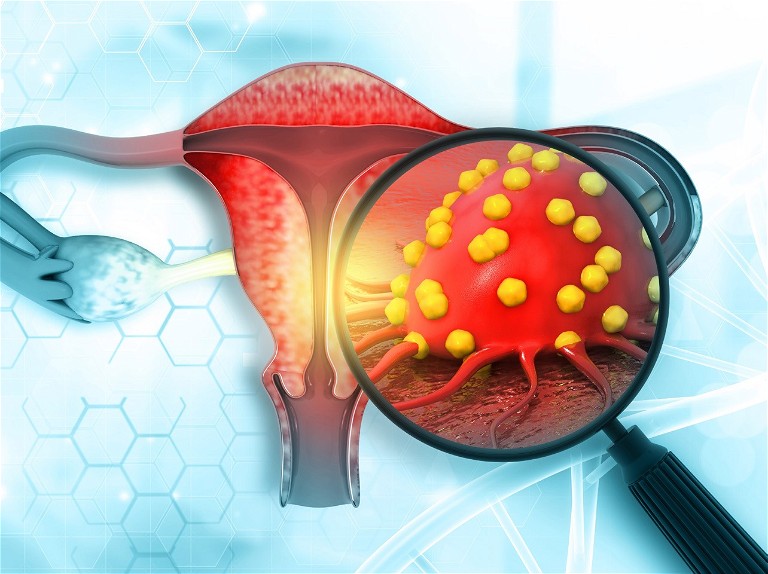Clinical Trials
GSK announces data from phase 3 trial for Jemperli combinations for endometrial cancer

GSK has announced positive results from part 1 and part 2 of its RUBY/ENGOT-EN6/GOG3031/ NSGO phase 3 trial for Jemperli (dostarlimab) in combinations for the treatment of adult patients with primary advanced or recurrent endometrial cancer.
The results demonstrated a statistically significant and clinically meaningful overall survival (OS) in part 1 and progression-free survival (PFS) in part 2, and were presented at the Society of Gynecologic Oncology 2024 Annual Meeting on Women’s Cancer, taking place from 16-18 March.
Part 1 investigated Jemperli plus standard-of-care chemotherapy (carboplatin-paclitaxel) followed by Jemperli compared to chemotherapy plus placebo followed by placebo. Part 2 then assessed Jemperli plus standardof-care chemotherapy followed by Jemperli plus niraparib as a maintenance therapy, compared to chemotherapy plus placebo followed by placebo.
Both parts of the trial demonstrated safety profiles for all drugs that were consistent with the known safety profiles of the medications when used as individual drugs.
Hesham Abdullah, senior vice president and global head Oncology R&D at GSK, commented: “The positive data presented today further show how dostarlimab-based regimens could benefit a broader set of patients with endometrial cancer. The results we’ve seen to date comprise the growing body of evidence supporting the role of dostarlimab as the backbone of our immuno-oncology development programme. Our goal is to continue to identify ways to use dostarlimab alone and in combination with other therapies to help improve outcomes for patients with limited treatment options.”
Dr Mansoor Raza Mirza, chief oncologist at Copenhagen University Hospital, Denmark, and RUBY principal investigator said: “In RUBY Part 2, we observed that the use of dostarlimab in combination with niraparib in the maintenance therapy setting further improved progression-free survival versus placebo for patients with primary advanced or recurrent endometrial cancer. These findings are particularly important for patients who have MMRp/MSS tumours as the data help build on the initial benefit observed with an immuno-oncology plus chemotherapy regimen, reflecting the potential for the addition of niraparib maintenance to address unmet medical need for these patients.”